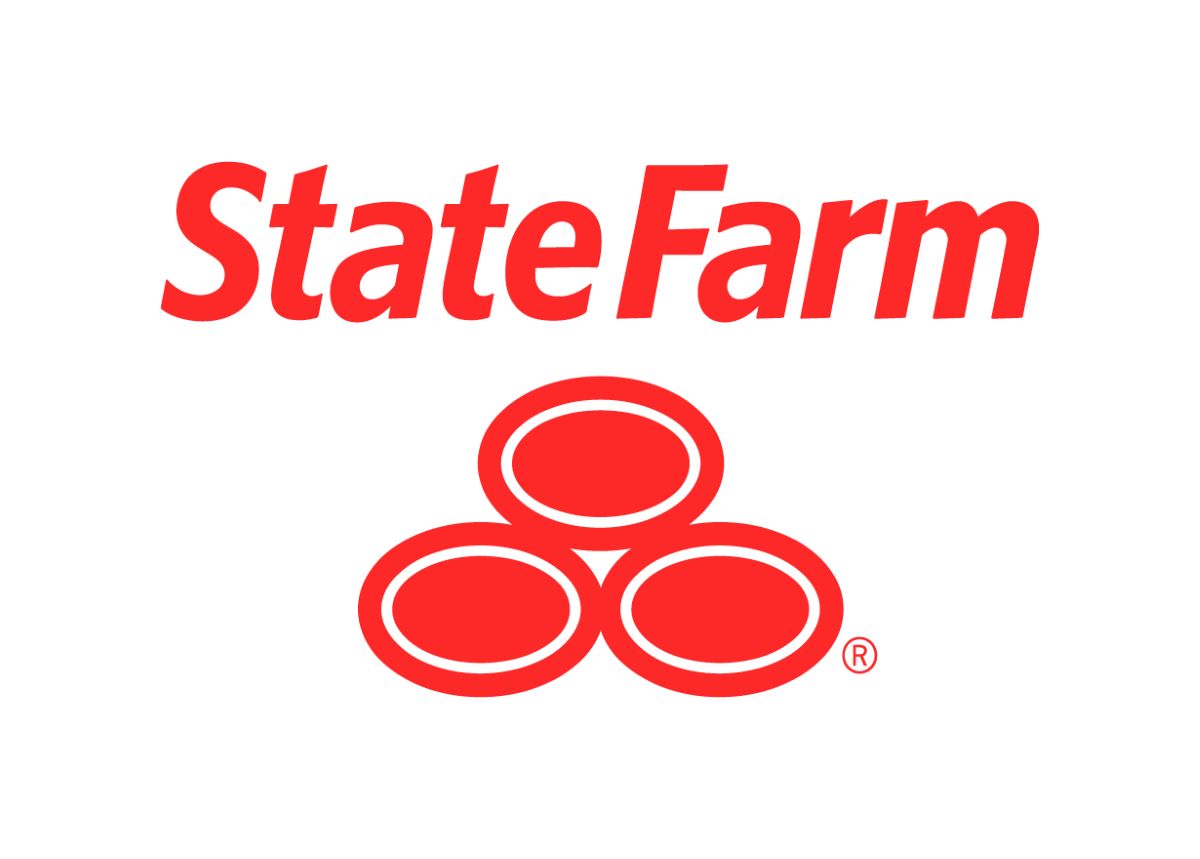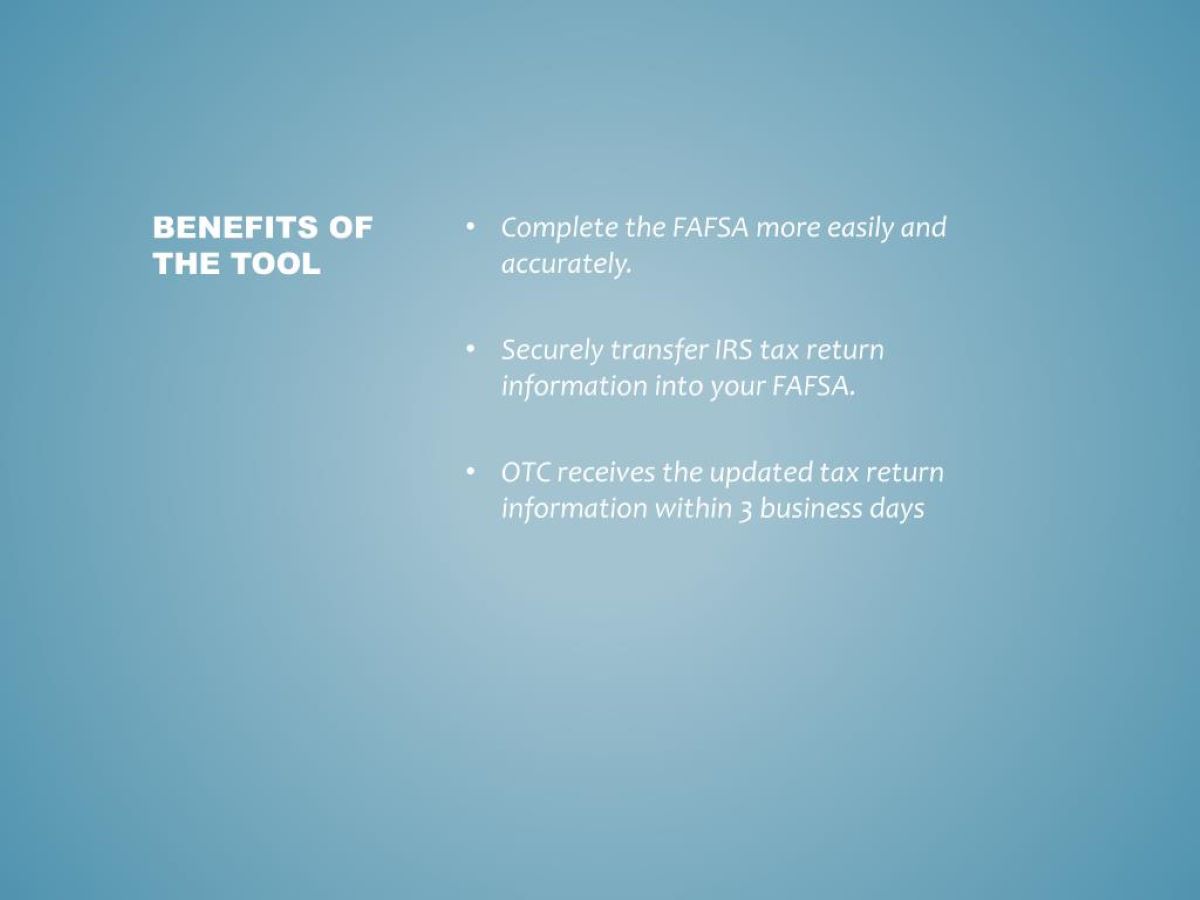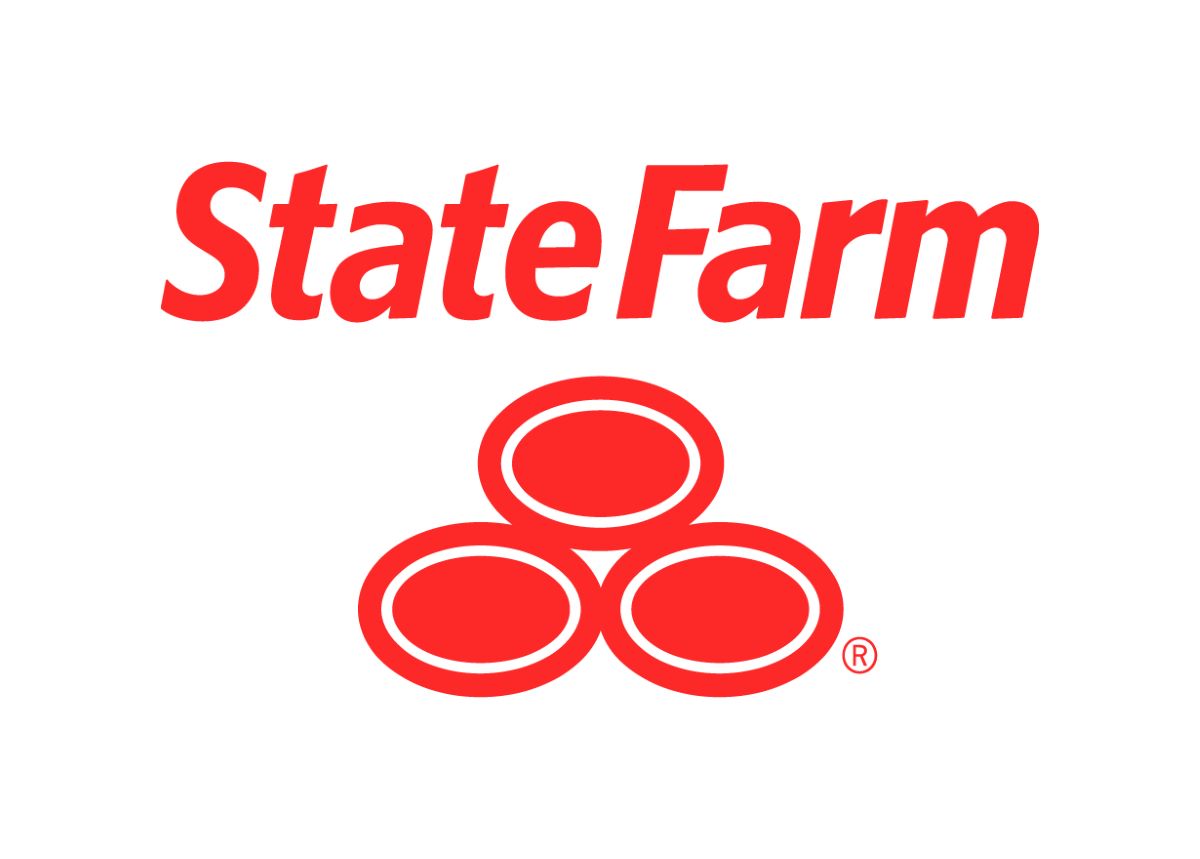

Finance
What Is An Investment Farm On FAFSA?
Published: October 17, 2023
Learn about investment farms on FAFSA and how they can affect your finances. Understand the implications and make informed decisions for your future.
(Many of the links in this article redirect to a specific reviewed product. Your purchase of these products through affiliate links helps to generate commission for LiveWell, at no extra cost. Learn more)
Table of Contents
Introduction
An investment farm, also known as a farm investment or agricultural investment, refers to a financial asset that involves the purchase or ownership of agricultural land or related assets with the primary goal of generating a return on investment. Investing in a farm can provide opportunities for capital appreciation, income from agricultural activities, and potential tax benefits. It is a popular investment option for individuals looking to diversify their investment portfolio and potentially benefit from the long-term growth of the agricultural sector.
When it comes to financial aid for higher education, such as filling out the Free Application for Federal Student Aid (FAFSA), investment farms can have an impact on the determination of a student’s financial need. The FAFSA assesses a student’s or a family’s ability to pay for college, taking into account their income, assets, and investments. Investment farms fall under the category of assets and must be reported on the FAFSA form.
Understanding how investment farms affect FAFSA and how to properly report them is essential to ensure accurate financial aid calculations. In this article, we will explore the eligibility criteria for investment farms on FAFSA, the impact on financial aid, and provide some tips for properly reporting investment farms on the FAFSA form.
Definition of Investment Farm
An investment farm is a financial asset that involves the purchase or ownership of agricultural land or related assets with the intention of generating returns through various investment strategies. These farms can be owned by individuals, corporations, or investment funds, and they can range in size and scope, from small family-owned farms to large-scale commercial agricultural operations.
The investment in a farm can take different forms, including direct ownership of agricultural land, leasing land to farmers, investing in agricultural infrastructure such as buildings or equipment, or investing in agricultural commodities or related industries. The primary objective is to generate profits through agricultural activities, such as crop production, livestock farming, or forestry.
Investment farms offer several potential benefits for investors. Firstly, they can provide a hedge against inflation, as the value of agricultural land and commodities tend to increase over time. Secondly, they offer diversification, as agricultural investments often perform differently than traditional asset classes, such as stocks and bonds, thus reducing overall portfolio risk. Thirdly, investment farms provide the opportunity for income generation through rental payments from tenant farmers or through the sale of agricultural products.
Investing in a farm can also offer certain tax advantages. Depending on the jurisdiction, investors may be eligible for tax deductions or incentives related to agricultural activities, such as depreciation on agricultural assets or preferential tax treatment for profits generated from farming activities.
It is important to note that investment in agricultural land and farms carries risks, including exposure to fluctuations in crop prices, weather conditions, government policies, and environmental factors. Potential investors should conduct thorough research, seek professional advice, and carefully evaluate the investment opportunities before committing capital to an investment farm.
How Investment Farms Affect FAFSA
When filling out the Free Application for Federal Student Aid (FAFSA), investment farms are considered as assets and can have an impact on the determination of a student’s financial need. The FAFSA form takes into account the family’s income, assets, and investments to assess their ability to contribute towards college expenses.
The value of the investment farm will be included in the total assets reported on the FAFSA form. This can affect the Expected Family Contribution (EFC), which is the amount of money the student and their family are expected to contribute towards the cost of education. A higher value of assets, including investment farms, can potentially increase the EFC, thus reducing the eligibility for need-based financial aid.
The impact of the investment farm on the FAFSA assessment also depends on whether it is considered a business or a personal investment. If the investment farm is a business, with regular farming activities and significant income generation, it will be treated differently from a personal investment. In such cases, the FAFSA expects a more thorough evaluation of the business assets and income, including the profitability and financial status of the farm.
It is important to note that the FAFSA considers certain assets as exempt from the calculation of financial need. For example, the family’s primary home, retirement accounts, and small family-owned businesses with less than 100 full-time or full-time equivalent employees are generally excluded from the asset assessment. However, investment farms do not fall under these exemptions and must be reported as part of the assets on the FAFSA form.
It is important for students and their families to understand how investment farms can affect FAFSA calculations and to be prepared to provide accurate information about the value and nature of their investment farms. By doing so, they can ensure they are properly reporting their financial situation and potentially access the appropriate financial aid opportunities to support their higher education goals.
Eligibility Criteria for Investment Farm on FAFSA
When it comes to reporting investment farms on the Free Application for Federal Student Aid (FAFSA), there are certain eligibility criteria and guidelines that students and their families should be aware of. These criteria ensure that the investment farm is accurately assessed in the financial aid calculations. Here are the key eligibility criteria for investment farms on FAFSA:
- Ownership: The investment farm must be owned by the student or the student’s parent(s) if the student is considered a dependent. If the investment farm is jointly owned with others who are not included in the FAFSA application, the portion owned by the student or parent must be reported.
- Value: The value of the investment farm must be reported as part of the total assets on the FAFSA form. This includes the market value of the land, buildings, equipment, and any other related assets. The value should be reported as of the date the FAFSA is completed.
- Business Status: The investment farm may be considered a business or personal investment. If it is a business entity with regular farming activities and substantial income, it will be evaluated differently than a personal investment. In such cases, the FAFSA expects additional information about the financial status of the investment farm, including the profitability and expenses of the farm.
- Business Analysis: If the investment farm is treated as a business, a detailed business analysis may be required. This may involve providing information on the farm’s gross income, net operating income, and other financial metrics. This analysis helps the FAFSA assess the financial viability and impact of the investment farm on the family’s ability to pay for college expenses.
- Exemptions: Certain exemptions exist for reporting investment farms. For example, if the investment farm is the family’s primary residence or if it is a small family-owned business with fewer than 100 full-time or full-time equivalent employees, it may be exempt from the asset evaluation on the FAFSA. However, it is important to consult the FAFSA guidelines or a financial aid professional to determine the specific eligibility for exemption.
By understanding and meeting these eligibility criteria, students and their families can ensure they accurately report their investment farms on the FAFSA form and comply with the financial aid regulations. It is essential to provide complete and accurate information to avoid any discrepancies or potential challenges when it comes to financial aid eligibility.
Reporting Investment Farm on FAFSA
Reporting an investment farm on the Free Application for Federal Student Aid (FAFSA) requires careful attention to detail and accuracy. Here are the steps to accurately report an investment farm on the FAFSA form:
- Gather necessary information: Before filling out the FAFSA form, gather all the required information related to the investment farm. This includes the market value of the land, buildings, equipment, and any other relevant assets. It is important to report the current value as of the date of completing the FAFSA.
- Report as an asset: Include the investment farm as part of the total assets section on the FAFSA form. This is typically found under the section labeled “Investments, including real estate.” Enter the current value of the investment farm following the instructions provided on the form.
- Business or personal investment: Determine whether the investment farm should be reported as a business or personal investment. If the investment farm is a business entity with regular farming activities and substantial income, it is considered a business investment. In such cases, additional information may be required to provide a comprehensive evaluation of the farm’s financial status.
- Include business analysis: If the investment farm is treated as a business investment, the FAFSA may require additional information about the farm’s financials. This may involve providing details on the farm’s gross income, net operating income, and other relevant financial metrics. It is important to accurately present this information to ensure the proper evaluation of the investment farm.
- Consult FAFSA guidelines: Familiarize yourself with the specific FAFSA guidelines related to reporting investment farms. The guidelines may provide exceptions or exemptions for certain types of investment farms, such as primary residences or small family-owned businesses with fewer than 100 employees. Ensure that you comply with these guidelines and report the investment farm accordingly.
- Verify accuracy: Double-check all the information you have provided regarding the investment farm on the FAFSA form. Mistakes or inaccuracies can lead to discrepancies in financial aid calculations. Take the time to review the form and make any necessary corrections before submitting it.
It is crucial to accurately report the investment farm on the FAFSA form to ensure compliance with financial aid regulations. Mistakes or omissions can lead to potential consequences, which may negatively impact your eligibility for financial aid. If you are unsure about how to report your investment farm, it is advisable to seek guidance from a financial aid professional who can provide assistance based on your specific situation.
Impact of Investment Farm on Financial Aid
Investment farms have an impact on the determination of financial aid for higher education. When evaluating financial need, the Free Application for Federal Student Aid (FAFSA) considers the value of investment farms as part of the assets owned by the student or their family. This can have implications for the amount of financial aid the student is eligible to receive, potentially affecting the overall affordability of college expenses.
The impact of an investment farm on financial aid calculations primarily depends on its value, whether it is considered a business investment, and the specific rules and guidelines set forth by the FAFSA. Here are a few key considerations regarding the impact of investment farms on financial aid:
- Expected Family Contribution (EFC): The value of the investment farm is factored into the calculation of the Expected Family Contribution (EFC), which is the amount the student and their family are expected to contribute towards college expenses. A higher value of assets, including investment farms, can potentially increase the EFC, reducing the eligibility for need-based financial aid.
- Need-based Aid: Investment farms can impact the eligibility for need-based financial aid since they represent assets that can contribute to the student’s college expenses. The FAFSA takes into account both income and assets when determining financial need, and higher asset values, including investment farms, may result in reduced financial aid eligibility.
- Business or Personal Investment: If the investment farm is treated as a business investment rather than a personal investment, the FAFSA application may require additional financial information to assess the profitability and financial status of the farm. The income and expenses associated with the farm may be taken into account when determining financial need and potential aid eligibility.
- Exemptions and Considerations: It is important to understand the specific exemptions and considerations related to investment farms as outlined by the FAFSA guidelines. Depending on the jurisdiction, certain investment farms may be exempt from asset evaluation or may have specific rules for evaluation. Consulting the guidelines or seeking advice from a financial aid professional can help ensure accurate reporting and assessment.
Overall, investment farms can have an impact on financial aid eligibility, primarily through the assessment of assets and the determination of the Expected Family Contribution. It is essential for students and their families to carefully report the investment farm on the FAFSA form and to understand the potential implications on financial aid. Seeking guidance from a financial aid professional can provide valuable assistance in navigating the complexities of reporting investment farms and optimizing financial aid opportunities.
Tips for Reporting Investment Farm on FAFSA
Reporting an investment farm on the Free Application for Federal Student Aid (FAFSA) requires attention to detail and accuracy. To ensure that you accurately report your investment farm and optimize your financial aid opportunities, consider the following tips:
- Gather accurate information: Collect all relevant information regarding your investment farm, including the market value of the land, buildings, equipment, and any other related assets. Make sure you have updated and accurate data as of the date of completing the FAFSA.
- Understand business vs. personal investment: Determine whether your investment farm is categorized as a business investment or a personal investment. If it involves regular farming activities and generates substantial income, it may be considered a business investment. Familiarize yourself with the guidelines and requirements for reporting each type of investment.
- Provide thorough information: If your investment farm is classified as a business investment, be prepared to provide additional financial information. This may include details on the farm’s gross income, net operating income, and other relevant financial metrics. The more comprehensive your reporting, the more accurate and fair the assessment will be.
- Consult the FAFSA guidelines: Familiarize yourself with the specific guidelines and regulations outlined by the FAFSA regarding the reporting of investment farms. Each jurisdiction may have its own rules and exemptions. Take the time to understand these guidelines to ensure accurate reporting.
- Seek professional advice: If you have any doubts or uncertainties regarding the reporting of your investment farm, don’t hesitate to seek guidance from a financial aid professional. They can provide personalized assistance based on your specific circumstances and help you navigate the complexities of reporting investment farms on the FAFSA.
- Double-check for accuracy: Before submitting your FAFSA, review all the information related to your investment farm for accuracy and completeness. Mistakes or omissions can lead to discrepancies in financial aid calculations. Take the time to verify all the data you have provided.
- Maintain proper documentation: Keep all relevant documentation related to your investment farm, such as property deeds, financial statements, and tax records. This will help you address any questions or inquiries from financial aid offices and ensure you have the necessary documentation to support your reported information.
By following these tips, you can ensure that you properly report your investment farm on the FAFSA and maximize your financial aid opportunities. Accurate reporting is essential in receiving the appropriate financial support for your education and avoiding any potential complications or inaccuracies in the application process.
Conclusion
Investment farms play a significant role in the financial aid assessment process for higher education. Reporting an investment farm accurately on the Free Application for Federal Student Aid (FAFSA) is crucial to ensure fair and accurate evaluations of financial need. Understanding the impact of investment farms on financial aid eligibility, as well as the eligibility criteria and reporting guidelines, is essential for students and their families.
An investment farm, whether it is a personal or business investment, needs to be reported as part of the assets on the FAFSA form. The value of the investment farm can affect the Expected Family Contribution (EFC), potentially reducing the eligibility for need-based financial aid. It is important to gather accurate information and comply with the specific guidelines set forth by the FAFSA when reporting investment farms.
By following the provided tips and consulting with financial aid professionals, students and their families can ensure accurate reporting of their investment farms on the FAFSA. Thoroughly understanding the eligibility criteria, exemptions, and business analysis requirements can help students navigate the intricacies of reporting these assets.
Ultimately, accurate reporting of investment farms allows for a fair assessment of financial need, ensuring that students receive the appropriate financial aid to support their higher education goals. By providing complete and accurate information about their investment farms, students can optimize their financial aid opportunities and better plan for the costs associated with pursuing higher education.














